

由普林斯顿、牛津大学联合举办的文商社科类“全能型”国际赛2023年John Locke Institute论文竞赛来啦。
最近,John Locke Institute官网发布比赛最新通知,公布了论文题目,并针对最新报名规则进行解说,一起来看看吧~

01,今年需要提前注册,3月15开始,5月31日截止。官方建议尽早注册和提交,提交截止日还是6月30日。
02,需要一个学术推荐人,来证明论文由学生独立完成。学术推荐人需要了解学生的学术水平,可以是学校老师或其他非亲属关系的成年人。官方会联系推荐人来确定作品的原创性。
John Locke Essay Competition是由位于英国牛津的独立教育组织John Locke Institute与牛津、普林斯顿、布朗、白金汉大学等名校教授合作组织的学术项目。
每年暑期,竞赛吸引了全球最擅长思考和写作的中学生。往届优胜者遍布哈佛、耶鲁、普林斯顿、斯坦福、牛津、剑桥等世界名校。
这项比赛不仅考察学生在政治、哲学等几个学科领域内的基本知识结构,更意在考察学生是否具有成熟的学术写作习惯,是否具有独立思考的能力以及清晰的逻辑辩证分析能力。所有的论文奖都是由来自牛津大学的资深学者评选的。
● 高年级组:提交论文时年满18岁及以下
● 低年级组:提交论文时年满14岁及以下
开启注册时间:3月15日,请使用有效电子邮件地址
报名截止时间:5月31日,不接受截止日期前未注册的学生提交论文
提交截止时间:6月30日(晚上11.59 pm BST前),提交论文完全免费
逾期报名截止时间:7月10日,逾期参赛将收取20美元的费用,于7月1日前支付
*注:在3月份报名开始后即可提交作品。官方建议学生在截止日期前尽早提交论文,以避免最后一刻的复杂情况,并确保能免费提交论文。
报名官网
https://www.johnlockeinstitute.com/essay-competition
每篇文章只能在所选主题类别中回答一个问题,可以提交多篇文章,但不得超过2000字(不包括图表、数据表、脚注、参考书目或作者声明)。
比赛意在考察学生在不同学科领域内的基本知识结构、议论文的基本写作格式与技巧,独立思考能力以及清晰的逻辑辩证分析能力。
学生的文章会受到来自牛津大学的专家评审团的综合考量,以文章的前瞻性与可读性为指标进行评选出最好的一篇论文。
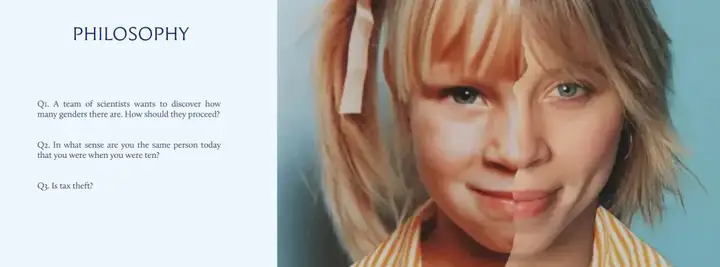
Q1. A team of scientists wants to discover how many genders there are. How should they proceed?
Q2. In what sense are you the same person today that you were when you were ten?
Q3. Is tax theft?
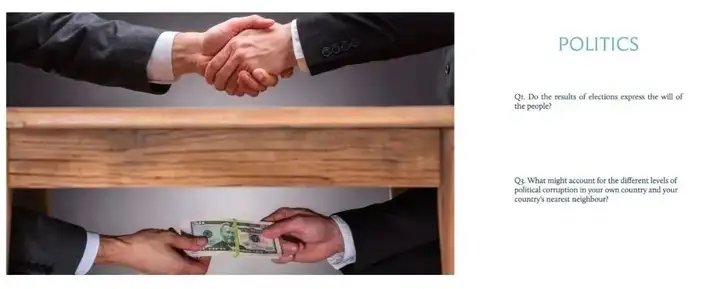
Q1. Do the results of elections express the will of the people?
Q2. If China becomes the leading superpower, what would that mean for the people who live there? What would it mean for everyone else?
Q3. What might account for the different levels of political corruption in your own country and your country’s nearest neighbour?
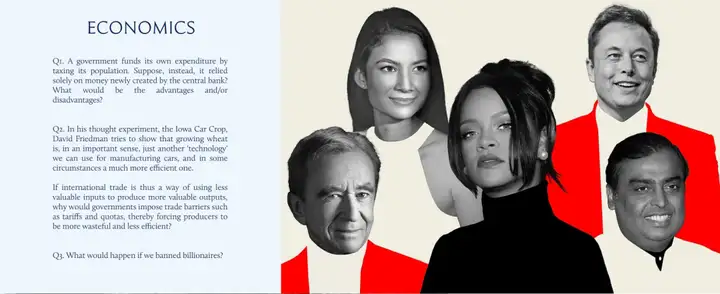
Q1. A government funds its own expenditure by taxing its population. Suppose, instead, it relied solely on money newly created by the central bank? What would be the advantages and/or disadvantages?
Q2. In his thought experiment, the Iowa Car Crop, David Friedman tries to show that growing wheat is, in an important sense, just another ‘technology’ we can use for manufacturing cars, and in some circumstances a much more efficient one.
If international trade is thus a way of using less valuable inputs to produce more valuable outputs, why would governments impose trade barriers such as tariffs and quotas, thereby forcing producers to be more wasteful and less efficient?
Q3. What would happen if we banned billionaires?
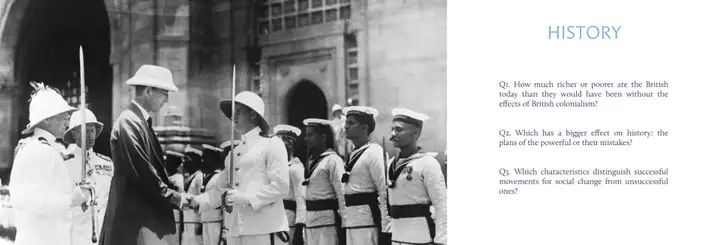
Q1. How much richer or poorer are the British today than they would have been without the effects of British colonialism?
Q2. Which has a bigger effect on history: the plans of the powerful or their mistakes?
Q3. Which characteristics distinguish successful movements for social change from unsuccessful ones?

Q1. Can happiness be measured?
Q2. In surveys conducted in the United States, significantly more than half the respondents reported that they believed themselves to be more attractive than the median person in their country. How might we account for this?
Q3. Are beliefs voluntary?
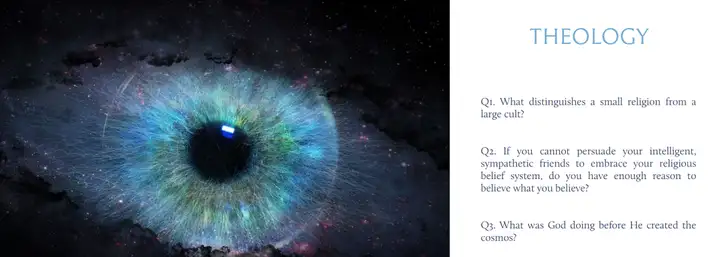
Q1. What distinguishes a small religion from a large cult?
Q2. If you cannot persuade your intelligent, sympathetic friends to embrace your religious belief system, do you have enough reason to believe what you believe?
Q3. What was God doing before He created the cosmos?
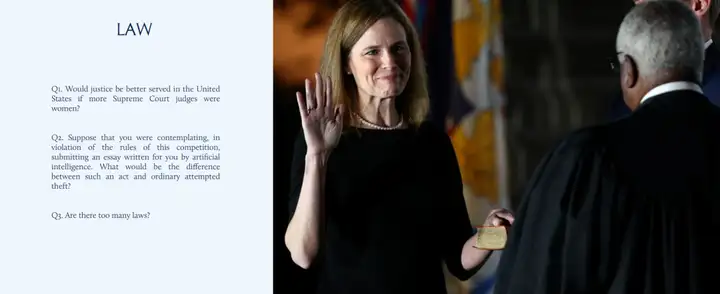
Q1. Would justice be better served in the United States if more Supreme Court judges were women?
Q2. Suppose that you were contemplating, in violation of the rules of this competition, submitting an essay written for you by artificial intelligence. What would be the difference between such an act and ordinary attempted theft?
Q3. Are there too many laws?
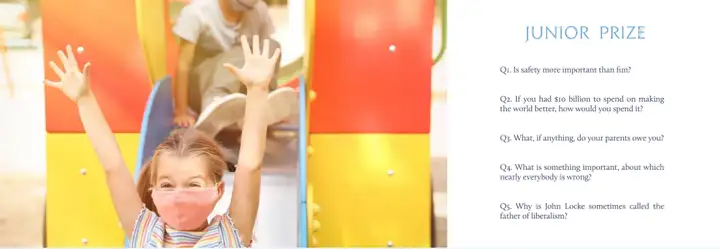
Q1. Is safety more important than fun?
Q2. If you had $10 billion to spend on making the world better, how would you spend it?
Q3. What, if anything, do your parents owe you?
Q4. What is something important, about which nearly everybody is wrong?
Q5. Why is John Locke sometimes called the father of liberalism?
John Locke Institute论文竞赛中,每个类别的最佳论文都有一个奖项。每个学科组的获奖者和青少年组的获奖者将获得价值2000美元的奖学金,用于支付参加任何John Locke Institute课程的费用,这些论文将在学院的网站上公布。
获得最佳论文的参赛者将被授予John Locke Institute青少年荣誉奖学金,该奖学金包括10,000美元的奖学金,用于参加我们的一个或多个暑期学校/gap year课程。